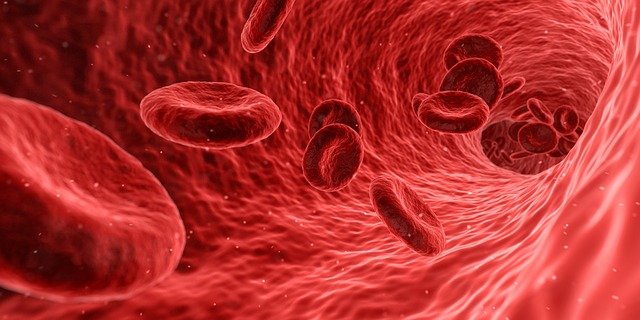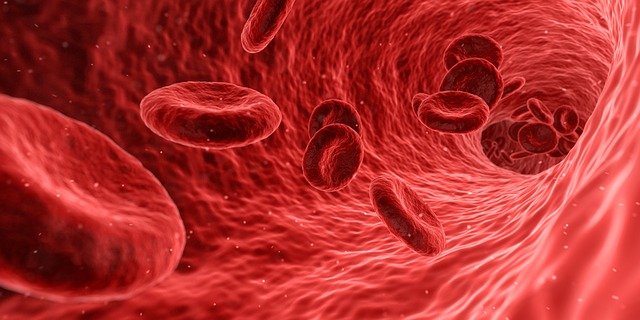
Blood clots are deadly. If left unchecked, our blood can thicken and clog important arteries causing severe damage to the body as whole. Seniors, especially diabetic seniors, need to be at least aware of their blood health and how to defend ourselves from blood clots, as it can help save their lives, as Dr. Amy Campbell reports for Diabetes Self-Management Magazine.
Blood Clots
Blood clots occur when the blood cells, also known as platelets, merge to form a thick clump. While they are scary, they serve a purpose. For example, when we get a paper cut, blood will rush to the open wound and clot around it, forming a scab that covers the exposed tissue so that it can heal. Without them, we risk infection. Blood clots in the blood stream are the deadly ones we need to manage.
When a blood clot travels through our veins it’s known as thrombosis, can lead to different kinds of clots such as:
- Deep vein thrombosis, which is a blood clot in the leg or arm causing discoloration and pain
- Pulmonary embolism, which is a blood clot that travels to our lungs
- Cerebral venous sinus thrombosis, which is a blood clot in our brain
Symptoms of these types of blood clots include pain, swelling, shortness of breath, and severe headache. Seniors, regardless of whether they have diabetes or not, who are suffering from these symptoms should seek medical attention and advice.
Defend Ourselves from Blood Clots
One common treatment for blood clots is blood thinners. Blood thinners should only be used at the advice of your doctor or medical professional, as overuse can dangerously lower your blood pressure.
Additionally, we can integrate food with natural anti-inflammatory characteristics into our diets to help keep our blood pressure even and our health managed. Lean proteins like chicken and fish, as well as healthy fats, like nuts or avocados are not only delicious but can help us defend ourselves from blood clots.
If you suspect that you might be at risk for blood clots, see a doctor, check your blood pressure regularly, and incorporate more healthy proteins, carbs, and fats into your diet to get ahead of any potential medical issues.
More tips on a healthy retirement, follow along with the Council for Retirement Security.
